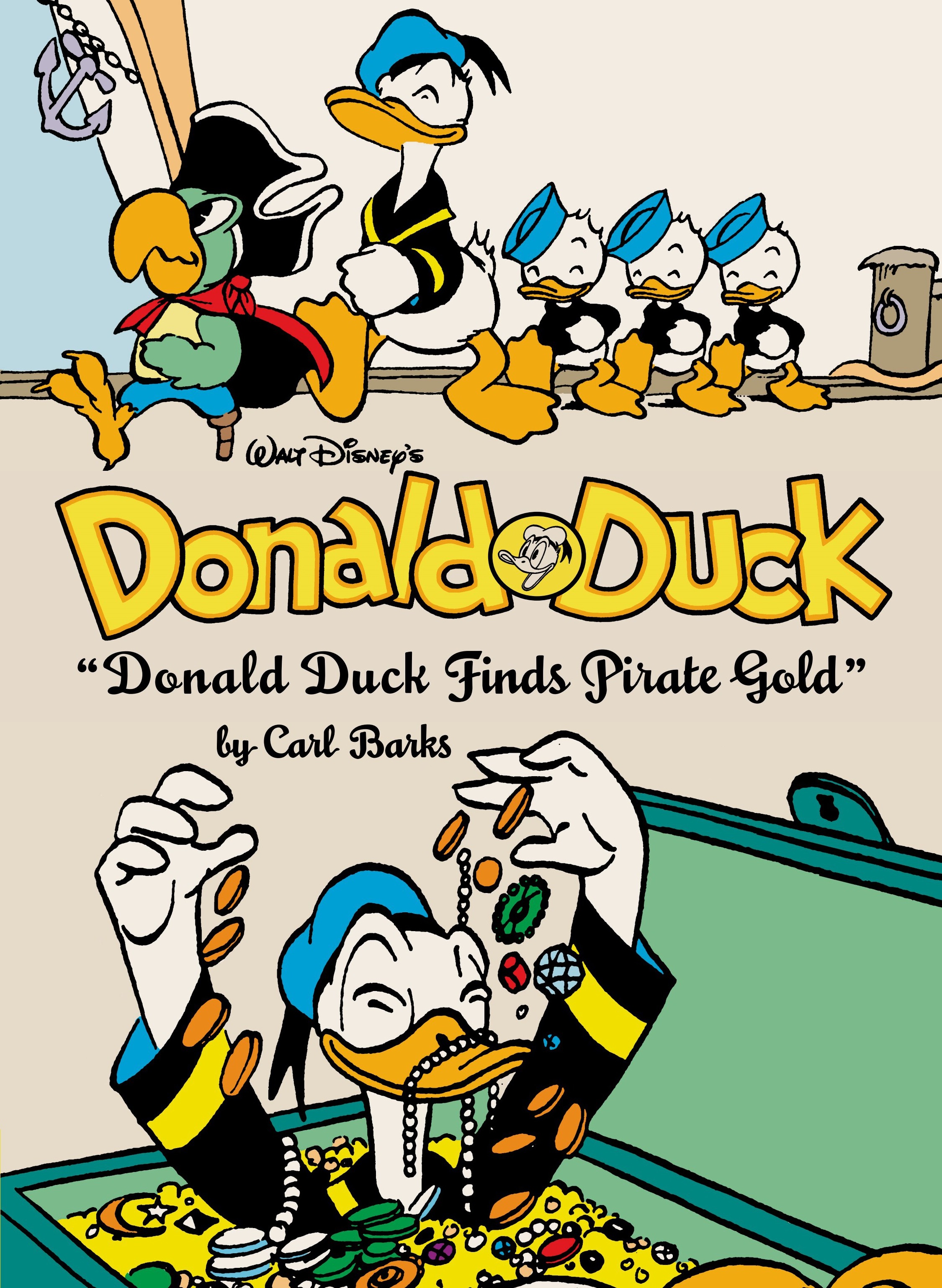
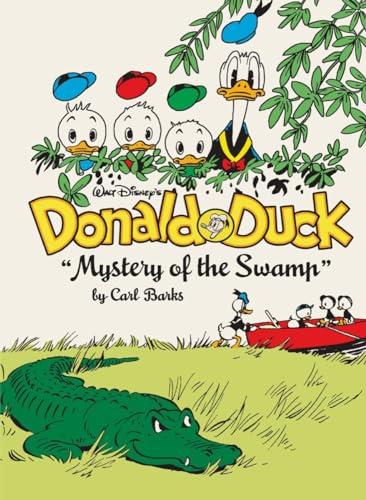
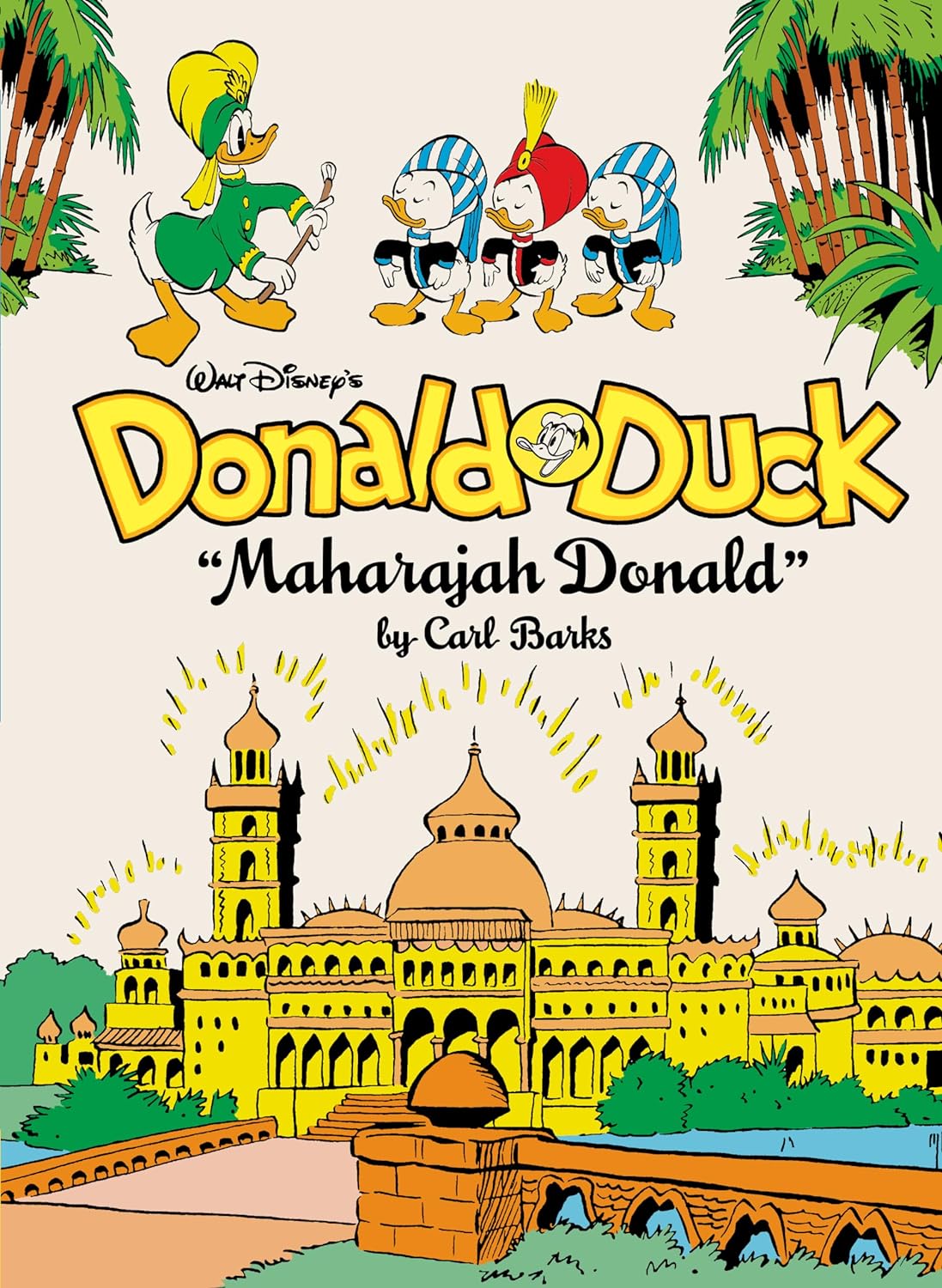
Books in series

Walt Disney's Donald Duck
Donald Duck Finds Pirate Gold
2025

Walt Disney's Donald Duck
Mystery of the Swamp
2024

Walt Disney's Donald Duck
Maharajah Donald
2023

Walt Disney's Donald Duck
Christmas on Bear Mountain
2013

Walt Disney's Donald Duck
The Old Castle's Secret
2013

Walt Disney's Donald Duck
Lost in the Andes
2011

Walt Disney's Donald Duck
Trail of the Unicorn
2014
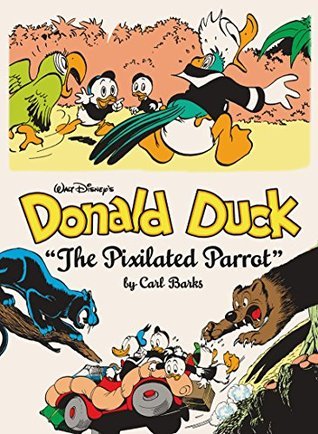
Walt Disney's Donald Duck
The Pixilated Parrot
2015

Walt Disney's Donald Duck
Terror of the Beagle Boys
2016

Walt Disney's Donald Duck
A Christmas for Shacktown
2012

Zio Paperone - La disfida dei dollari
2012

Walt Disney's Donald Duck
Trick or Treat
2015

Walt Disney's Uncle Scrooge
The Seven Cities of Gold
2014
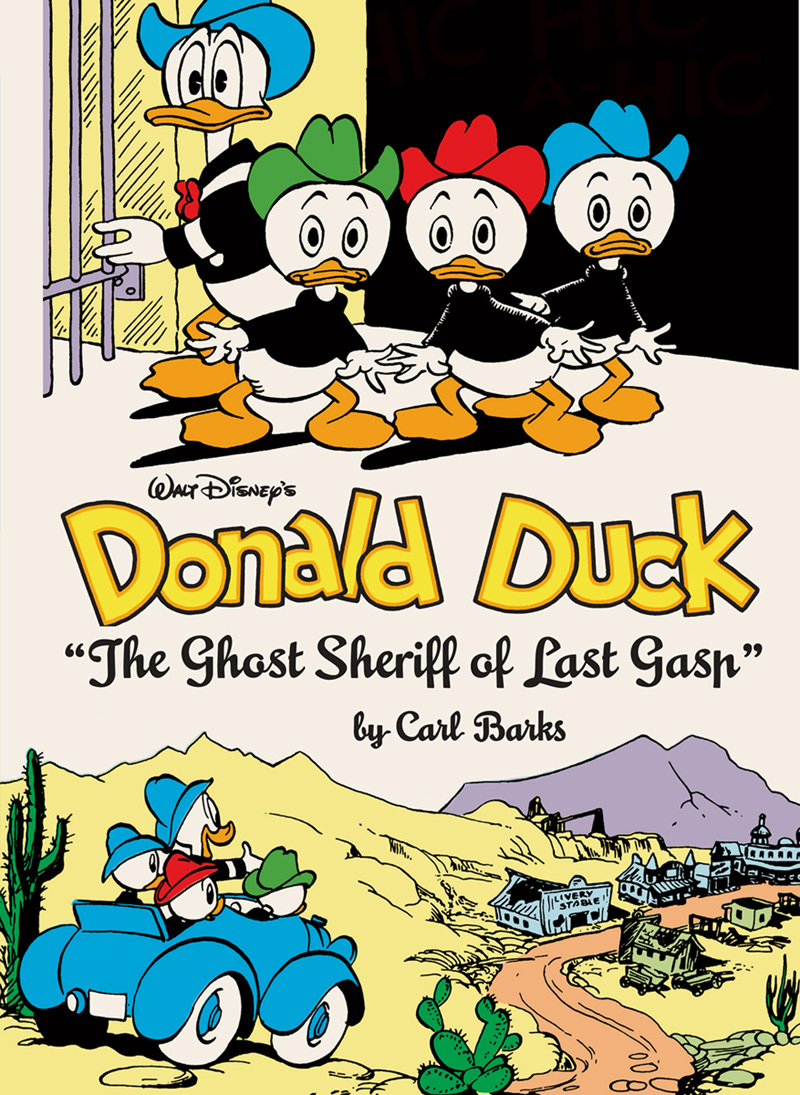
Walt Disney's Donald Duck
The Ghost Sheriff of Last Gasp
2016
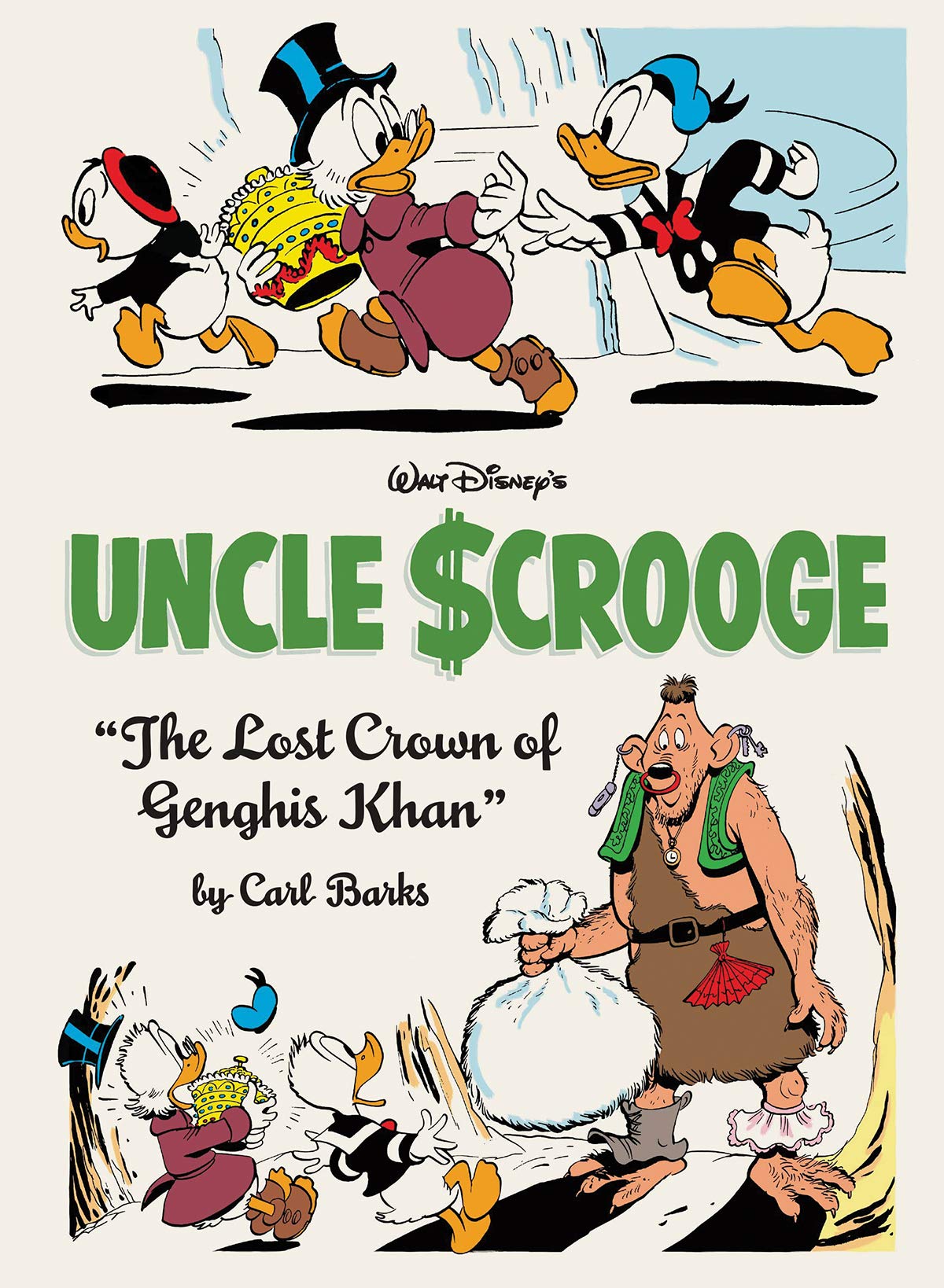
Walt Disney's Uncle Scrooge
The Lost Crown of Genghis Khan
2017
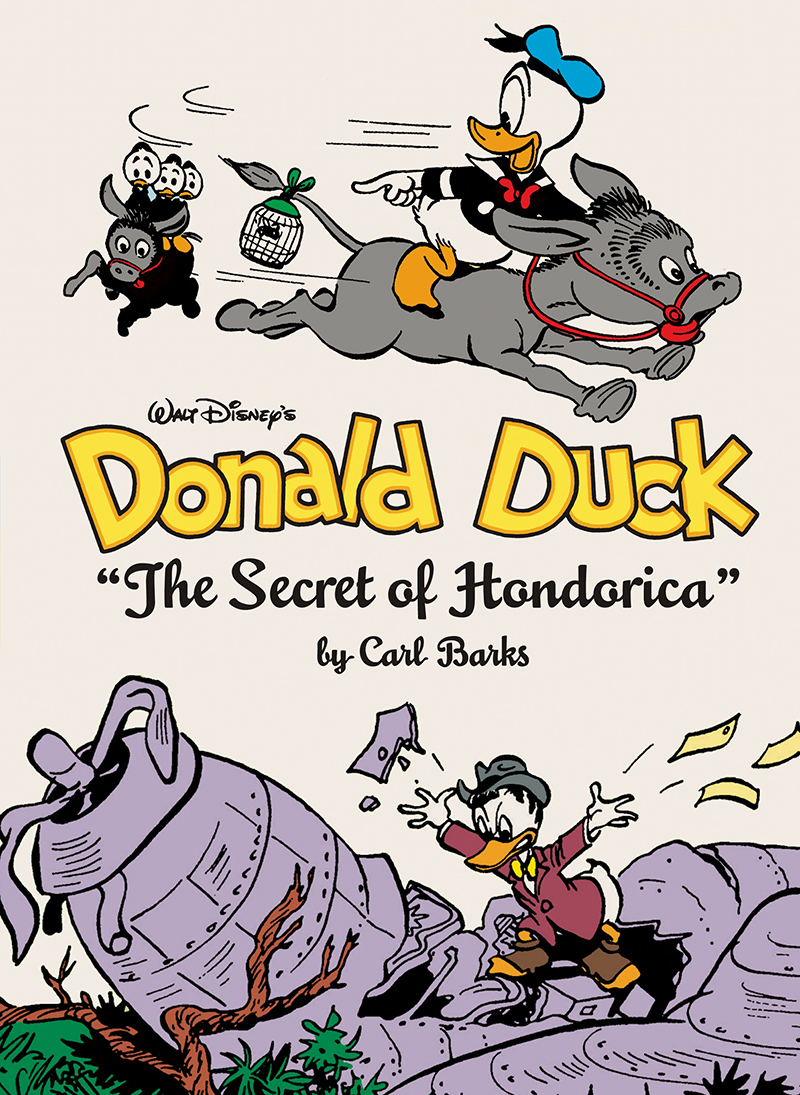
Walt Disney's Donald Duck
The Secret of Hondorica
2017

Walt Disney's Donald Duck
The Lost Peg Leg Mine
2018
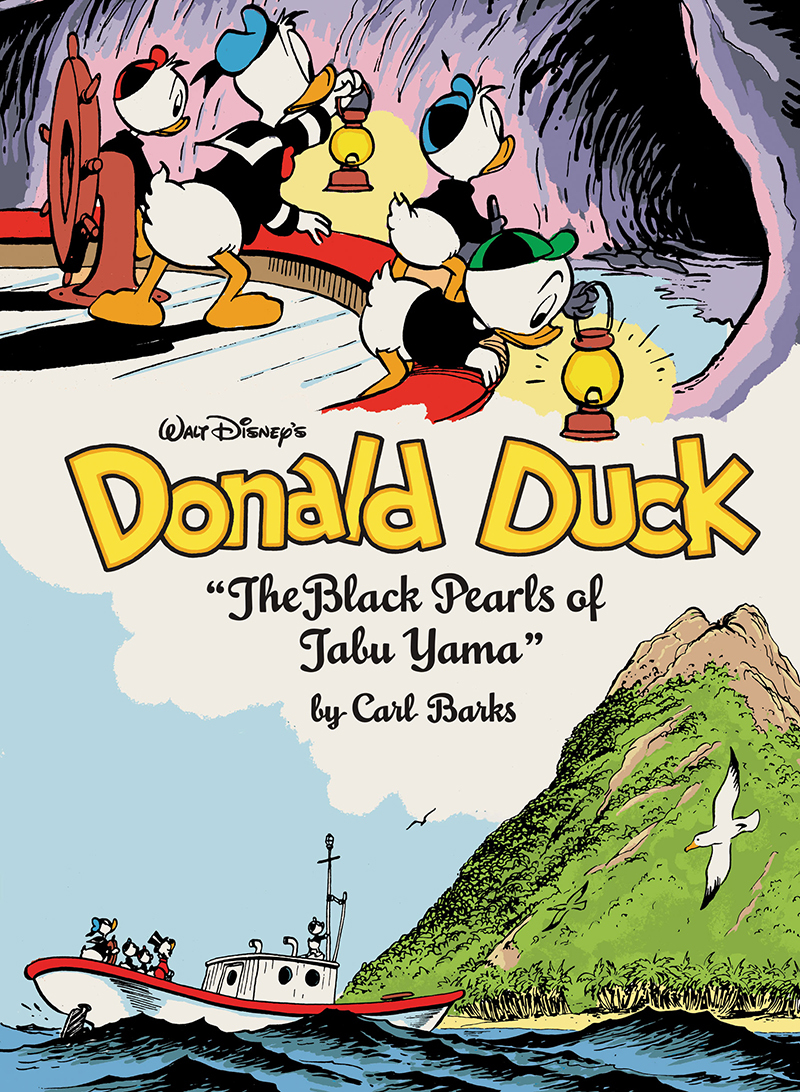
Walt Disney's Donald Duck
The Black Pearls of Tabu Yama
2018
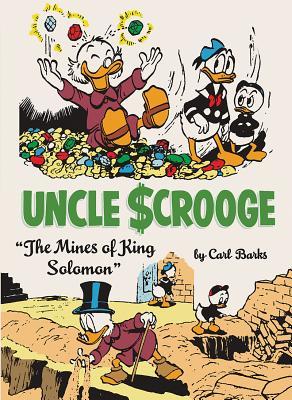
Walt Disney's Uncle Scrooge
The Mines of King Solomon
2019
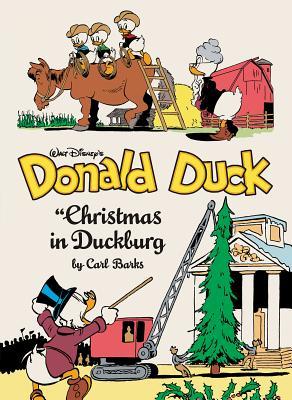
Walt Disney's Donald Duck
Christmas in Duckburg
2019
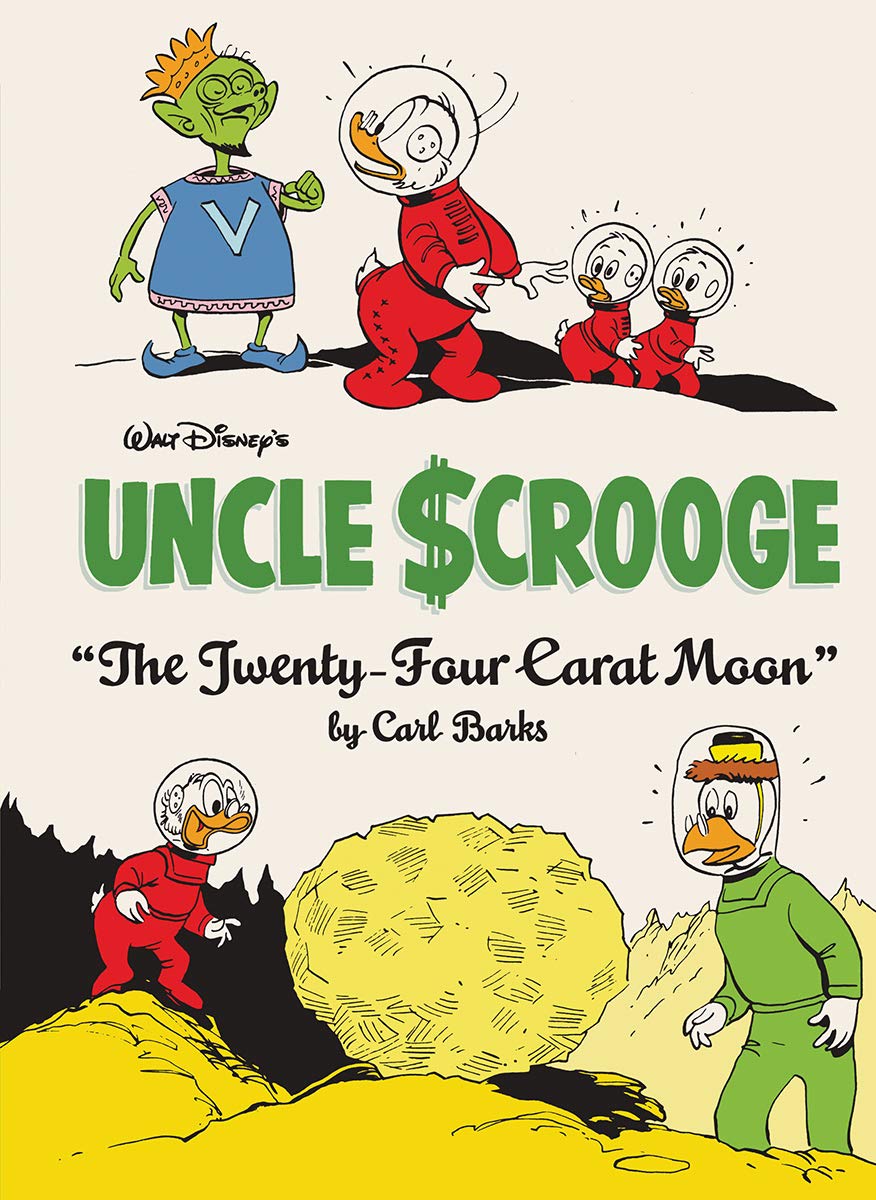
Walt Disney's Uncle Scrooge
The Twenty-Four Carat Moon
2020
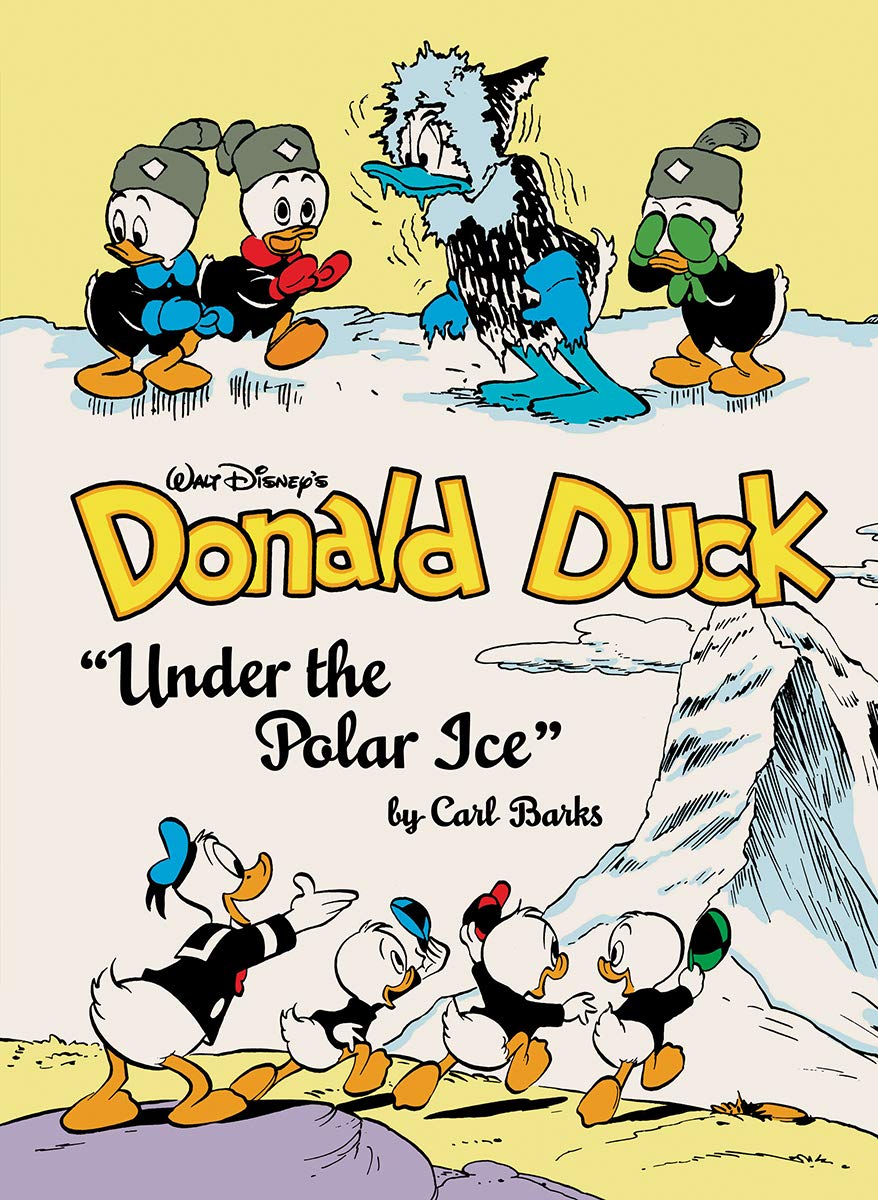
Walt Disney's Donald Duck
Under the Polar Ice
2020
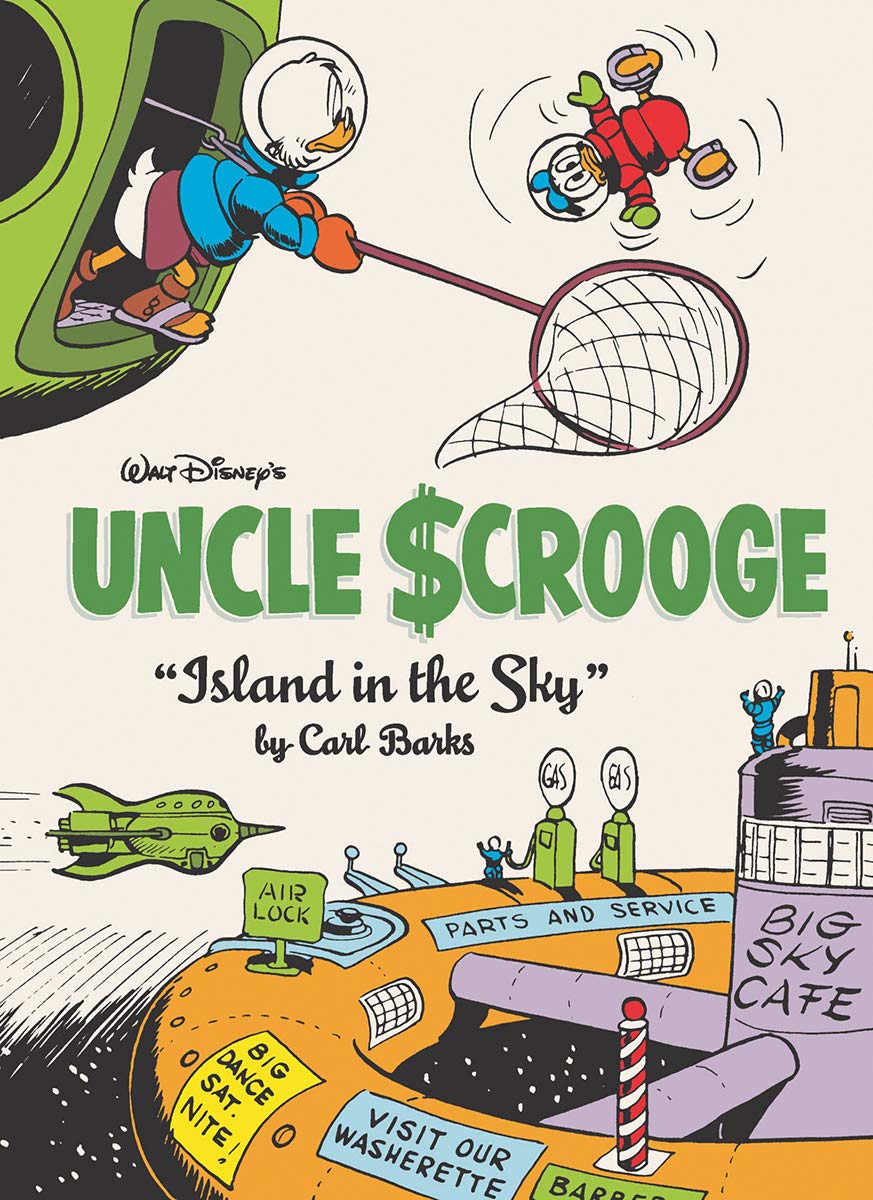
Walt Disney's Uncle Scrooge
Island in the Sky
2021
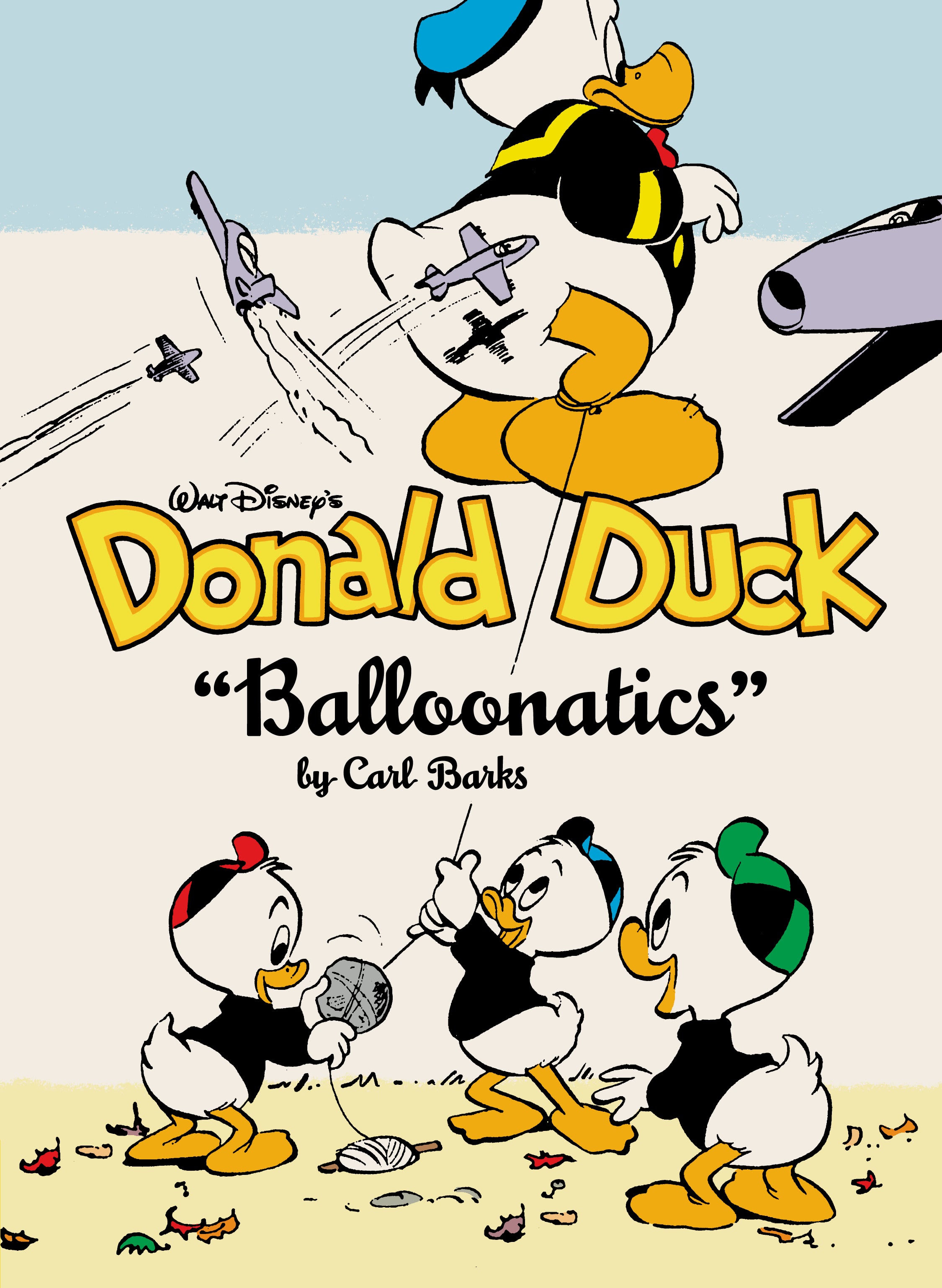
Walt Disney's Donald Duck
Balloonatics
2021
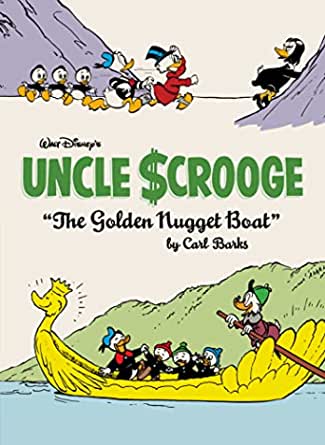
Walt Disney's Uncle Scrooge
The Golden Nugget Boat
2022
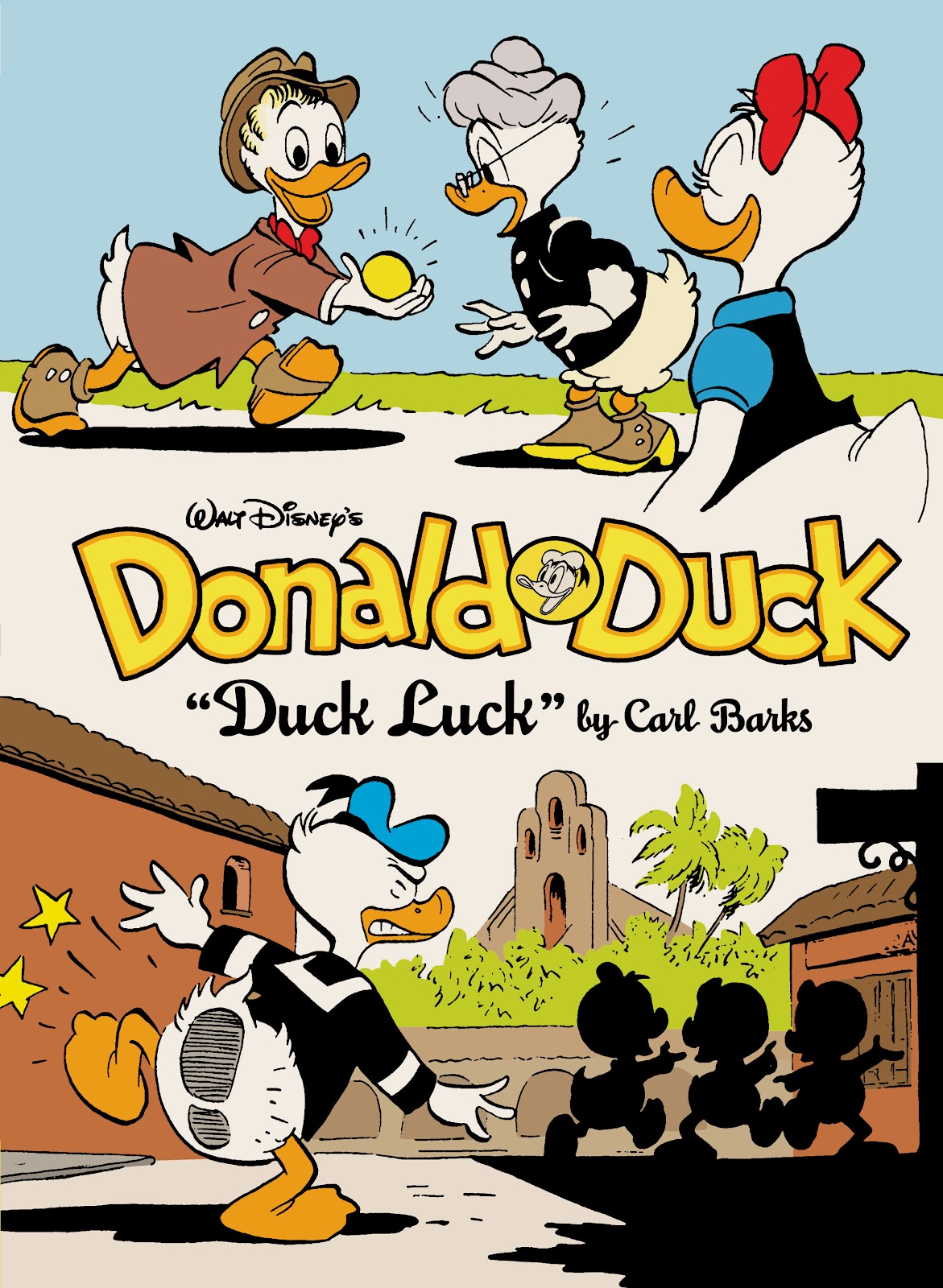
Walt Disney's Donald Duck
Duck Luck
2022

Walt Disney's Uncle Scrooge
Cave of Ali Baba
2023
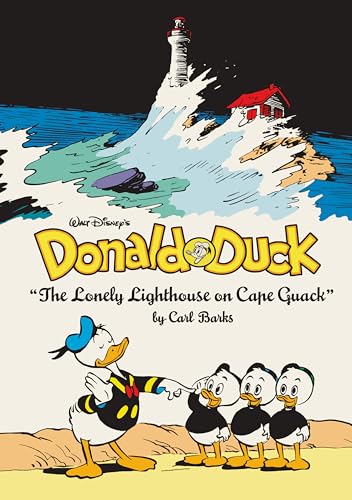
Walt Disney's Donald Duck
The Lonely Lighthouse on Cape Quack
2025
Authors

Carl Barks (March 27, 1901 – August 25, 2000) was an American Disney Studio illustrator and comic book creator, who invented Duckburg and many of its inhabitants, such as Scrooge McDuck (1947), Gladstone Gander (1948), the Beagle Boys (1951), The Junior Woodchucks (1951), Gyro Gearloose (1952), Cornelius Coot (1952), Flintheart Glomgold (1956), John D. Rockerduck (1961) and Magica De Spell (1961). The quality of his scripts and drawings earned him the nicknames "The Duck Man" and "The Good Duck Artist". People who work for Disney generally do so in relative anonymity; the stories only carry Walt Disney's name and (sometimes) a short identification number. Prior to 1960, the creator of these stories remained a mystery to his readers. However, many readers recognized Barks' work and drawing style, and began to call him the Good Duck Artist, a label which stuck even after his true identity was discovered by John and Bill Spicer in 1959. After Barks received a 1960 visit from Bill and John Spicer and Ron Leonard, he was no longer anonymous, as his name soon became known to his readers. Writer-artist Will Eisner called him "the Hans Christian Andersen of comic books." In 1987, Barks was one of the three inaugural inductees of the Will Eisner Comic Book Hall of Fame. (From wikipedia)